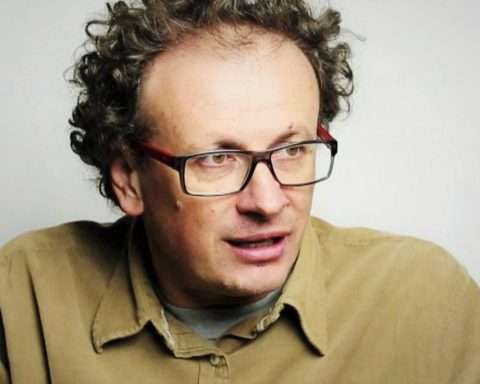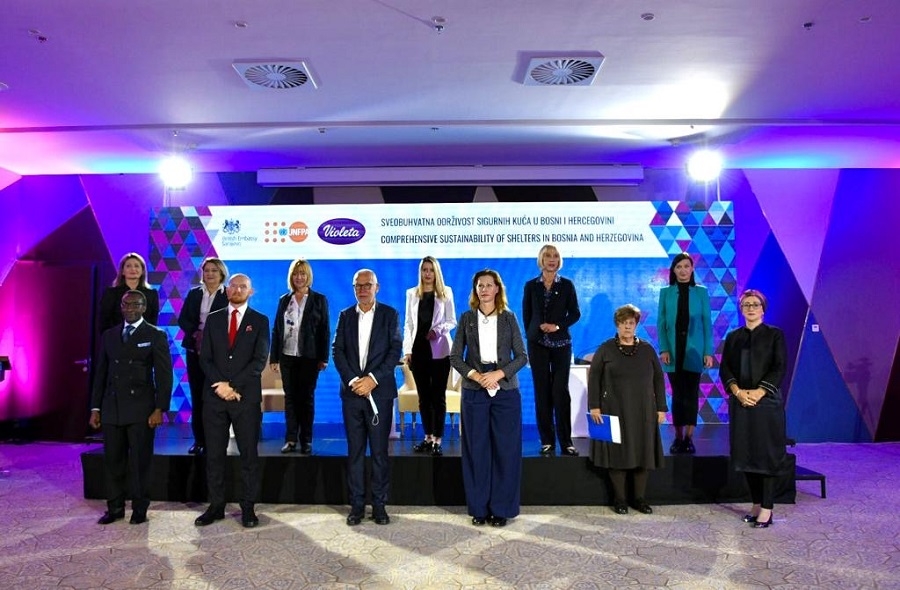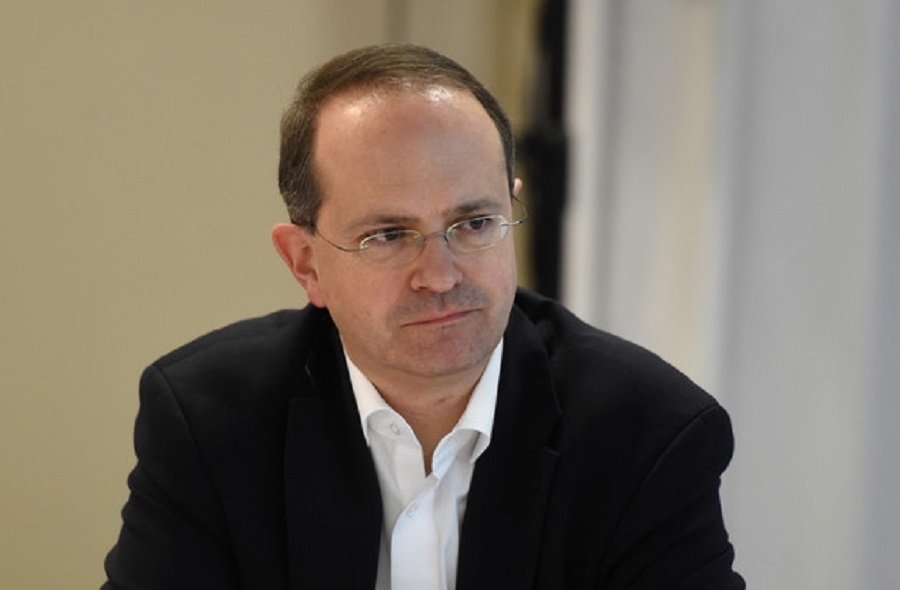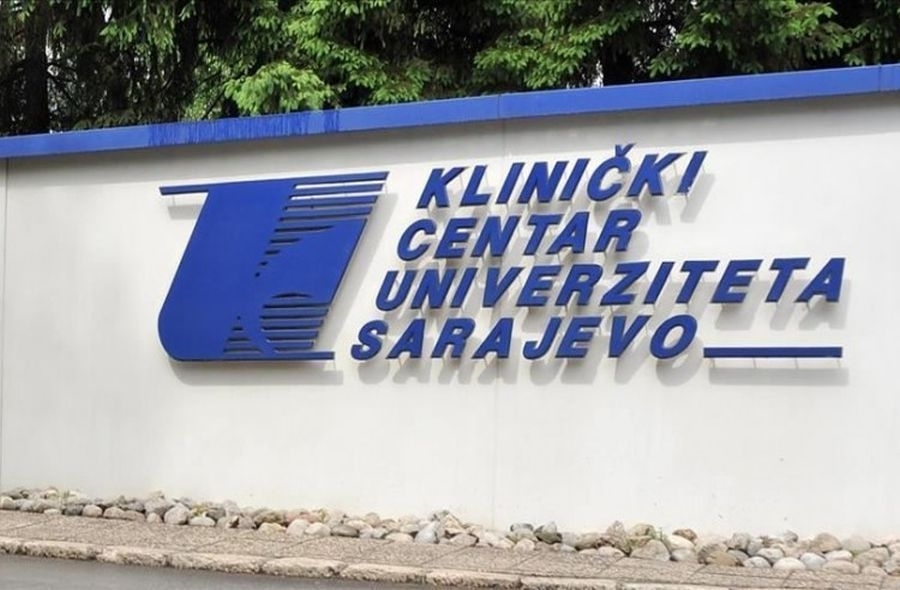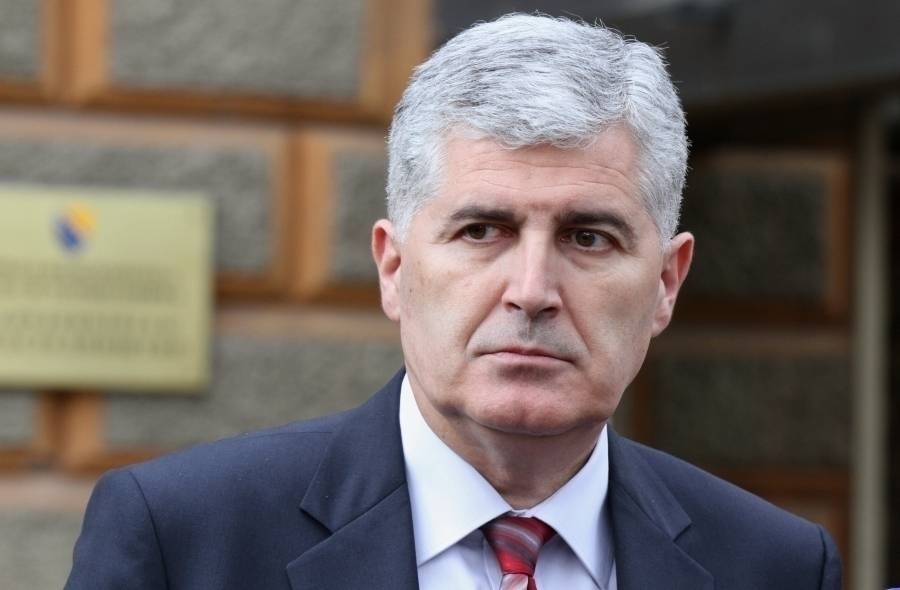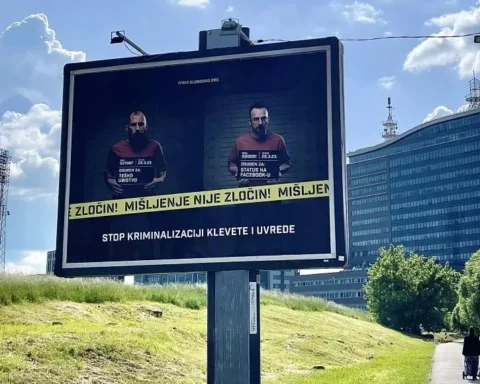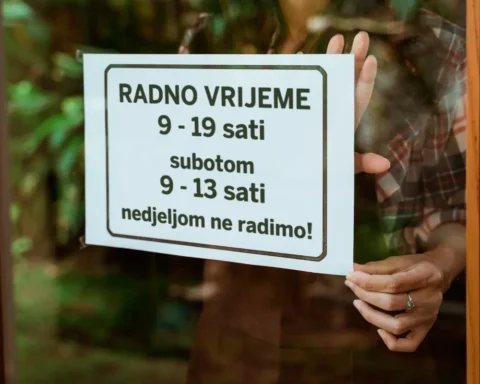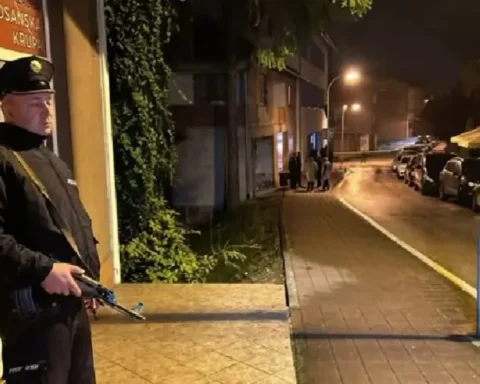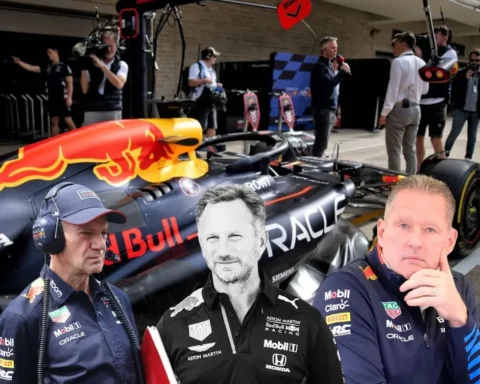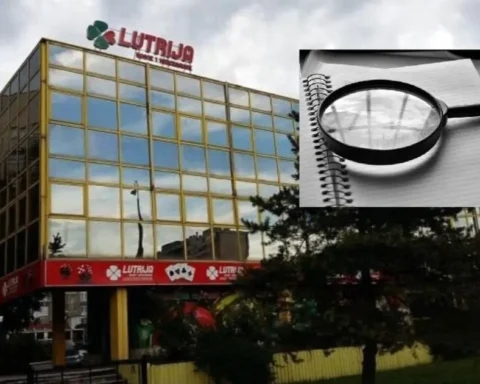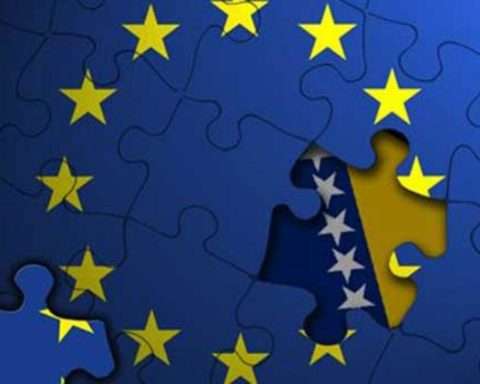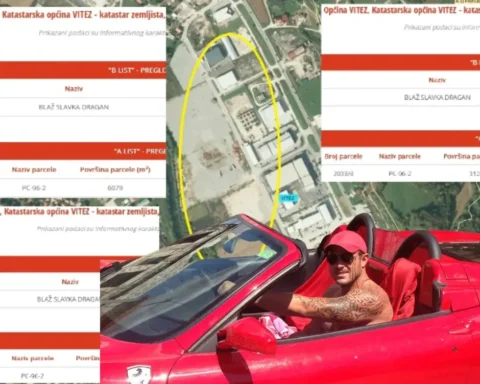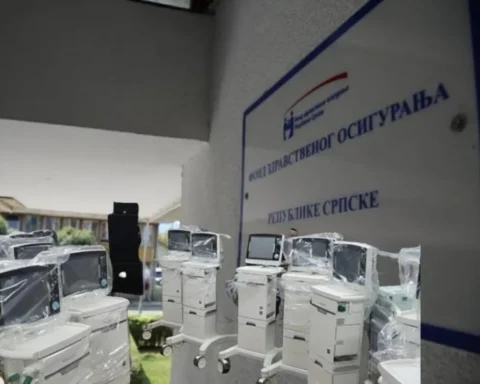After 12 years of deprivation of each citizen of the fundamental human right to elect and stand at elections in a democratic society, a political agreement was reached in the city of Mostar on 18 June, between leaders of the Party for Democratic Action (SDA), Bakir Izetbegović, and of the Croatian Democratic Union (HDZ), Dragan Čović, on holding the elections in this city. Thus, Mostar is no longer a ‘case’, at least on paper. Professor Suad Arnautović, Ph. D., member of the Central Election Commission, spoke to Interview.ba about reasons for scheduling the Mostar elections for December, unlike other places in BiH, what changes have been made through the recent political agreement, can a Serb, or a Croat like Željko Komšić (whom the HDZ deems an illegitimate representative) become mayor of Mostar, whether all the agreed items can be effected by the deadline, and whether we will have local elections this year or not.
INTERVIEW: The Mostar elections are scheduled for 20 December 2020, almost a month after the elections in other parts of BiH. What is the reason for the different date?
ARNAUTOVIĆ: The key reason is in the slow process of reaching an agreement and changing the Election Law in the BiH Parliamentary Assembly. The work of the Central Election Commission of BiH (CEC) can only be guided by law, and not by political agreements, political wishes and requests. In democratic systems, the fundamental principles of work of CEC and of election administration in general are independence, impartiality, transparency and equality. If we combine those universal principles with legal obligations arising from Article 2. 9 of the BiH Election Law, we arrive at the following conclusion: all the powers of the BiH Parliamentary Assembly arising from the Constitution of BiH in relation to the technical aspects of the election process are transferred to the CEC via the Election Law. According to the Election Law, elections are announced 150 days prior to election day.
Changes to the Election Law related to the city of Mostar came into force on 18 July 2020, which was a Saturday. The first working day was 20 July 2020. Anyone can work out that we could not prepare the Mostar elections by 15 November, it had to be 20 December. And this is why as soon as we saw this political agreement related to Mostar, before the Law was even discussed at the Parliamentary Assembly, we sent a request: either that the PA should cut the deadlines so that we may fit Mostar into the 15 November slot, or authorise the CEC to do so for Mostar alone, rather than the 150 days deadline applicable to other cities. That is the key reason why the first date for scheduling this election turned out to be Sunday, 20 December.
INTERVIEW: What are the changes and amendments arising from the political agreement on changes and amendments to the BiH Election Law – as was the official title of the document signed in June by SDA and HDZ, i.e. just two political parties, in Mostar, under the auspices of the international community representatives in BiH? What do these changes mean for the citizens who have not been able to vote for Mostar for the past 12 years?
ARNAUTOVIĆ: The key change is related to implementation of the Irma Baralija v. BiH judgement of the European Court of Human rights, i.e. to allow elections in Mostar. Also, in view of the fact that in its ruling U-9/09 the Constitutional Court of BiH annulled certain provisions of the Election Law, and these provisions were subsequently struck out of the Law, again on the basis of a decision by the Constitutional Court, there were no legal provisions based on which we could have scheduled elections in Mostar. Hence this long pause in the election process. It took politicians a long time to agree on how to solve the Mostar situation. Another change is related to the structure of the City Council. It has been confirmed that the future City Council would comprise 35 members, elected via two ballots. One is for the entire city of Mostar, i.e. the city list, to elect 13 members of the City Council under a single proportional representation system, and the other is to elect 22 members from six constituencies, i.e. the constituencies of the city of Mostar. We hope that the new City Council will be established in early 2021 and that it will adopt a new statute and elect the mayor.
INTERVIEW: Part of the ‘package’ of the so-called political agreement are changes to the Statue of the city of Mostar. After 12 years, the residents of Mostar will be able to vote. SDP commented that the agreement was again an arrangement whereby SDA sold the interests of Mostar to HDZ because the election model was ‘designed that they continue to govern their respective parts of the city’. Is such criticism founded? Will the changes to the Statute allow all the citizens to elect and stand at elections within their own constituencies and for their own City Council?
ARNAUTOVIĆ: The CEC supports this political agreement because it has de-blocked the election process in Mostar. This method of election of the City Council ensures that active and passive election rights are not restricted on any grounds. Any BiH citizen with election rights and residing in Mostar shall have the right to take part in the election n process, with no differences and no unfounded restrictions, and shall be able to elect the City Council directly, through an election with general and equal election rights, by means of a secret ballot with free expression of the voters’ will; this will allow free access to public services, first and foremost the election of a mayor, for all who live in Mostar, in full compliance with principles of equality. A political party or an independent candidate may enter the city list for electing 13 members of the City Council, the other 22 to be elected from the six constituencies. This legal provision is the result of a long process spanning the Dayton Agreement, the Rome Agreement and the 2004 Statue of Mostar imposed by Paddy Ashdown, the then-High Representative. These are not random solutions; this is the result of long processes and developments in the city of Mostar. A political party may be satisfied or dissatisfied with this, but winning the voters means an opportunity to enter the structures and thus participate in the process of changing the Statute or anything else in Mostar. That is why it is important to stand at elections, offer programmes, fight for them, win the confidence of the electorate and thus effect the change you want in the city.
INTERVIEW: In lay person’s terms: can a Serb become the mayor of Mostar, or a Croat like Željko Komšić, whom HDZ deems an illegitimate representative of Croats in BiH?
ARNAUTOVIĆ: Absolutely yes. However, any candidate must first be elected into the City Council, since the mayor of Mostar is elected indirectly, i.e. the City Council elects the mayor from among its members. Unfortunately, there is still no provision for voters in Mostar to elect their mayor directly, like in other cities in BiH. Mayors are still elected indirectly in the Brčko District BiH, Sarajevo and Mostar.
INTERVIEW: Numerous independent analysts think that the changes are merely cosmetic and will only cement the status quo in the city. Mr. Slavko Kukić sees this agreement as a tool of further division because ‘this solution removes the central zone from the structure of the city. The central zone is vanishing as a constituency, and residents are allowed to vote, following the Brčko District model, either in the eastern or the western part of Mostar’?
ARNAUTOVIĆ: The former Central Zone, as defined in the BiH Constitution, was designed in the Dayton Agreement and the Rome Agreement on the organisation of the City of Mostar. It was envisaged as a commercial, administrative and financial centre. It was supposed to be the nucleus of social and administrative integration of Mostar. Allow me to make a distinction here: the Central Zone was never a constituency, it never had any election magnitude, it never provided a member to the City Council. Voters could only vote for the City Council via the city list. In its ruling in the case U-9/09, the BiH Constitutional Court stated that the Central Zone was not a constituency; the city of Mostar and its different areas were constituencies. Pursuant to Article IV C of the FBiH Constitution, constituencies of the city of Mostar were the different areas of the city and the city as a whole, and according to the Election Law adopted by the BiH Parliamentary Assembly, election areas of the city of Mostar are, in fact, its constituencies. There were voters in the central zone, but they did not have any passive election rights. For that reason, the BiH Constitutional Court found and the European Court of Human Rights confirmed that there was discrimination against voters in this area. The new provision in the BiH Election Law, with assistance from the Mostar City Election Commission and CEC BiH, voters who reside in the Central Zone can now exercise their active and passive election rights through their constituencies.
ČITAJTE VERZIJU NA B/H/S:
DOSJE MOSTAR / Suad Arnautović za Interview.ba: Zašto su izbori u Mostaru 20. decembra, može li Srbin ili “nelegitimni” Hrvat biti gradonačelnik ovog grada…
INTERVIEW: As they signed this Agreement, leaders of the two parties, SDA and HDZ, stated that they had agreed to work on changing the BiH Election Law. However, statements that followed indicate that their respective positions are no closer than before. Do you think it would be realistic to expect a solution in six months, i.e. the deadline set by the Agreement?
ARNAUTOVIĆ: I think that in this context, this is indeed an unrealistic deadline. I do not think it’s possible. That is why Bodo Weber, a well-known German political analyst, defined this as a ‘dirty agreement’, referring also to the letter of intent regarding a comprehensive reform of the election system, including implementation of all the judgements, in this short time of six months. One should not exclude this possibility, it is technically possible, should there be political will. Individual political subjects are demanding certain things that go so deep that they change the very nature and character of the Dayton Peace Agreement. If the option is to change the election system comprehensively, it must follow the judgements of the European Court of Human Rights and the European case-law, particularly judgements in the cases of Sejdić and Finci, Ilijaz Pilav, Azra Zornić, Samir Šlaku, and Irma Baralija, or judgements of the BiH Constitutional Court which dealt with election legislation in several cases. If we follow these judgements, the International Covenant on Civil and Political Rights and its Protocols – an integral part of the BiH Constitution, as well as the European Convention on Human Rights and Fundamental Freedoms, we will see that our political elites must start redefining what I referred to at the beginning, the actual character of political representation. And this would mean moving from the cloaca of the ethno-territorial model or concept of political representation towards civic political representation, where each and every citizen will be equal and will have the right to participate in public affairs with no unreasonable restrictions, to elect and stand at elections for any public office in the country. This is a complex issue that has not had a solution for years, but we have a good roadmap set by these judgements of the Constitutional Court and the European Court, and certainly by the Opinion of the European Commission following the EU membership application by BiH. The Opinion requires the abandonment of the ethno-territorial political representation and the acceptance of civic political representation. I am not very optimistic about the possibility of doing this within six months.
INTERVIEW: The analyst Bodo Weber has said openly that these elections in Mostar and the entire process surrounding them stand in opposition to democratic principles and this is, in fact, strengthening the ethnic ethos, i.e. further solidification of the corruptive distribution of power based on the ethnic principle – because the citizens of Mostar do not have a political choice. How do you see this?
ARNAUTOVIĆ: I do not agree that the citizens of Mostar cannot be elected to the City Council. I think that legally the situation is quite different. The election process is finally possible in Mostar, but certain political analysts are perhaps cautious because the six constituencies have been redesigned, following the six election regions that had existed before, but they used to elect a larger number of Council members; this has now been changed and they see this as territorial division of Mostar on the right and the left bank of the River Neretva. I think this is an excellent opportunity for those who advocate the civic principle to convince the Mostar voters of their ideas and win their support. The rules for the forthcoming elections do not make that impossible.
INTERVIEW: These elections are a hot issue not only because of the Agreement, but also because of what it may mean and cause symbolically, should the Mostar elections fail or come under any kind of suspicion. In an interview with us last week, the MP Lana Prlić, also from Mostar, recalled two criminal charges she had filed against persons who had manipulated the ballot boxes. Will the CEC take special measures to ensure transparent and safe voting and counting?
ARNAUTOVIĆ: Yes, certainly, all that is legally possible. We must not forget that pursuant to Article 5, Annex III to the Dayton Agreement, only the CEC has the power to conduct elections in BiH. However, it is absurd that institutions of the system are the source of major obstructions. The first and most important one is toying with the election budget. We are unable to utilise budget funds in a timely manner. We have said on multiple occasions that we were not asking for anyone’s private funds, we do not need political parties’ money, we just want to utilise that which has already been assigned to us by law.
Let me remind you that pursuant to Article 1. 2 a, paragraph (6) of the BiH Election Law, funds must be secured 15 days after the CEC has officially scheduled an election. We see that this has not yet been done, and the situation with Mostar is quite similar. The amount of approximately BAM 4.2 million has been assigned for local elections, and this amount includes BAM 100,000 for organising the elections in Mostar. Metaphorically, we are in a situation when you have your hands tied behind your back, and they push you into the rapids of the River Neretva and ask you to swim upstream. And to swim fast.
INTERVIEW: In view of the fact that there have been elections in the neighbouring countries and part of their electorate voted in BiH, elections can be held despite the pandemic-related situation, with special and additional measures. Are there any special measures planned in BiH in relation to the pandemic? Do you have any additional funding for the required measures: face masks, disinfectants, adequate premises etc.? Or will the elections be postponed?
ARNAUTOVIĆ: We are realistic about the situation we live in. We have direct contacts with election commissions in Serbia, Croatia and North Macedonia, which have already held elections. The position of the CEC is that we will follow, observe and implement measures as instructed by the relevant state, entity and cantonal bodies, in particular the relevant crisis boards. On the other hand, we must not forget that we must not end up in a situation where it would be normal for someone to hold ‘office’ for 6 or 12 years, departing from what the constitutions and the BiH Election Law prescribe, i.e. that the term of office on all levels is four years; that is why we are proceeding with preparations for elections, even with COVID-19. We issued a special instruction, detailing the work of election bodies on election day with COVID-19. We have prescribed procedures and equipment necessary at ballot stations, including chemical and other means of disinfection of work spaces and surfaces, gloves, visors, overalls, as well as social distancing, airing etc. In short, all that the relevant bodies have instructed. I want to underline that the crisis caused by COVID-19 cannot be abused so as to create the possibility for potential autocrats to solidify their influence over state structures and inhibit the exercise of human rights. And the right to elections is a fundamental human right. We know that we live in a representative democracy where we elect our political representatives and give them the mandate to represent us and make decisions om our behalf and on behalf of our community over a period of four years. But this process needs to take place every four years, as set by our legislation.
INTERVIEW: Can you explain for us the context of the election process in BiH as a country?
ARNAUTOVIĆ: The time period since the dissolution of SFRY and the independence of BiH has been riddled with crises. A military aggression was launched against BiH and its independence as a sovereign state within its internationally recognised borders. However, denial of its independence and sovereignty continued even after the Dayton Agreement and it continues to this day. The most pronounced form of denial is in the constant blockage of its institutions. I define this as a state of ‘permanent temporariness’. The purpose of this state is to prevent lasting military and security-related stability of the state and its economic progress, by means of weakening the state and its institutions. This is a state characterised by a high rate of organised and general crime, corruption and instability of budget institutions. BiH is presented as ‘fragile’, ‘unsuccessful’ or ‘failed’ state. This state of permanent temporariness is created by centres in the neighbourhood as well as centres in BiH. Just recall the statement of a president of a major power, who described Bosnia and Herzegovina as a ‘time-bomb ticking at the doorstep of Europe’. Micro-political goals include weakening of the state and its institutions, while strengthening the entity and local bodies. And this is achieved by continuously reverting to the idea of reviving failed and adjudicated criminal enterprises and their ideologues, with the intention of using their reincarnation as the ‘blackmailing factor’ for achieving micro- and mega-political goals: dissolution and destruction of the state of Bosnia and Herzegovina. The Dayton Agreement was accepted and signed in an even worse time, following massacres and genocide against Bosniaks; the Dayton Agreement designed the election system of ethno-territorial representation. Annex III (Agreement on Elections) was also accepted, and it rests on this ethnic and territorial representation.
It is well established that the current election system in BiH is discriminatory; its discriminatory nature arises from this model of ethno-territorial political representation. And here is the most recent example, from the recent decision-making procedure in the Parliamentary Assembly of BiH regarding the Law on Budget:we see that the House of Peoples is a ‘ house of the entities’ as evident in how it votes, and the House of Representatives is a chamber that represents citizens, but it is at the same time the ‘house of the entities’ because its voting is also based on the entities. So, this is the political system and within that we now have a local election additionally challenged at every single level.


